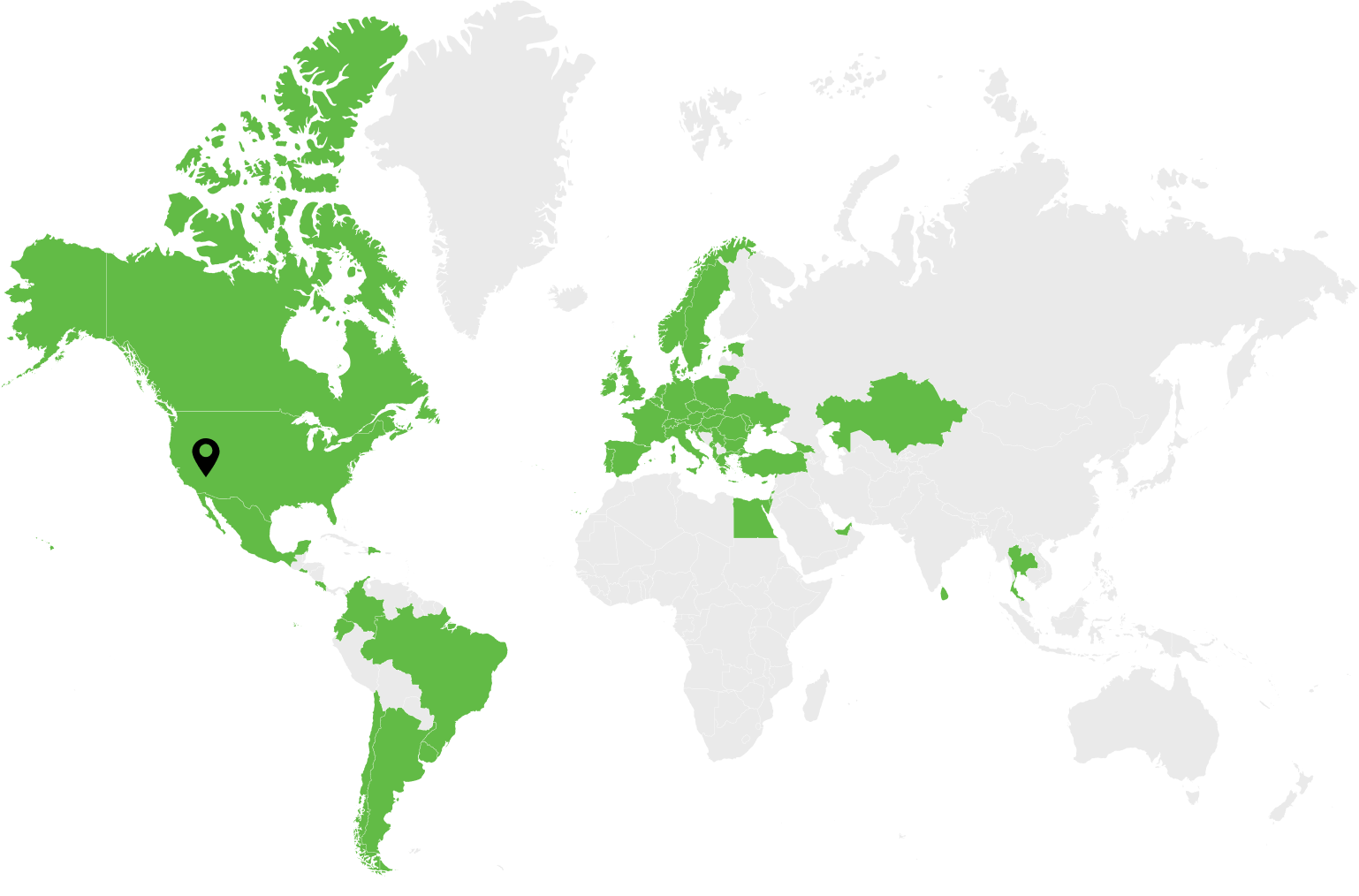It’s no secret the restaurant industry thrives on exceptional customer service. While dining room interactions obviously shape the guest experience, many other factors that occur behind the scenes also impact brand loyalty.
Integrating POS systems is crucial for delivering standout service in today’s top restaurants. Features like mobile ordering greatly enhance convenience, while other integrations like inventory management ensure menu items are always available.
As a leading outsourcing partner for POS integrations in the restaurant industry, Dev.Pro wanted to explore how this technology consistently leads to 5-star customer experiences.
Popular POS Integrations in Hospitality
POS integrations for restaurants involve connecting a point-of-sale system with other software to streamline operations and improve customer service. Popular POS integrations in restaurants include:
- Online ordering and delivery
- HR platforms
- Inventory management
- Marketing software
- Accounting programs
- Reservation & table coordination
- Menu management
Today, APIs are the standard solution for executing restaurant POS system integrations.
Improving Guest Satisfaction in Restaurants
POS integrations in the food service industry create a seamless, interconnected experience that enhances guest satisfaction.
Faster Checkouts & Reduced Wait Times
Integrated POS systems speed up transactions by leveraging contactless payments, mobile ordering, and digital wallets. Customers can skip lines and use stored payment methods for seamless checkouts. According to Deloitte, “Consumers age 18-38 are more likely to return to restaurants that use automation technologies than those age 39+, signaling that these technologies are likely to continue to be adopted over time.”
Personalized Guest Experiences
Integrated POS systems enhance personalized guest experiences through marketing initiatives like CRM integrations, loyalty rewards, and targeted promotions. While avenues like emails and surveys help businesses track customer preferences, digital rewards apps and NFC-enabled membership cards offer tailored discounts that encourage repeat visits.
Boosting Operational Efficiency in Hospitality
Integrated POS systems help restaurants cut inefficiencies, creating a trickle-down effect that results in better service and more satisfying customer experiences.
Labor Management
Integrating your POS system with payroll and HR applications ensures seamless synchronization for your back-office team. Common use cases of HR-related POS integrations in restaurants include:
- Coordinating new hires
- Sending employee time summaries from the POS to payroll
- Integrating tips for waitstaff and cooks
- Transferring work schedules from HR systems to the POS
- Making employee data updates between POS systems and HR apps
- Reports on prep time for different dishes speed up work processes
Real-Time Inventory Tracking and Sales Reporting
According to the US National Library of Medicine, about $2.6 trillion is lost every year to food spoilage in restaurants. POS integrations enable real-time inventory tracking and sales reporting, helping restaurants monitor stock levels and optimize purchasing.
For example, a sushi restaurant can track when ingredients like fresh tuna are running low or being overstocked. The system automatically alerts managers, preventing menu shortages or spoilage. Due to such integrations, customers know their favorite menu items will be available and served fresh.
Menu Pricing and Ingredient Forecasting
POS integrations with AI-driven analytics help restaurants optimize menu pricing and ingredient forecasting by analyzing historical sales trends, customer preferences, and supplier costs. With fluctuating ingredient costs influenced by inflation and supply chain disruptions, restaurants must adopt a dynamic approach to menu pricing and ingredient forecasting to stay competitive.
Conclusion
A five-star restaurant experience combines exceptional service, high-quality cuisine, seamless operations, and personalized touches. With a slew of new technologies integrated with POS systems today, restaurants can streamline both front-of-house and back-of-house operations. This creates a trickle-down effect, where improved efficiency and coordination ultimately benefit the customer in the end.
In a market where nearly 60% of diners are more likely to recommend a restaurant based on a positive interaction with an ordering system, leveraging technology can be a crucial factor in determining a restaurant’s success. In today’s market, brand loyalty isn’t just built through dining room interactions. Behind-the-scenes processes powered by strong POS integrations help create the seamless experiences modern consumers expect.
Dev.Pro: Industry Leading Outsourcing Teams for Restaurant Tech
While the benefits of POS integrations in restaurant operations are clear, implementation can be challenging. Determining the right infrastructure for emerging technologies like AI requires specialized expertise, making it essential to have the right knowledge and support for a seamless transition.Dev.Pro ensures your restaurant’s digital transformation stays on track – delivering projects on time and within budget. Contact us today to get started!

